

Rodents are warm-blooded mammals that, like humans, can be found throughout the world. Mice are common household pets, but in the wild they can become very bothersome household pests. Mice can sneak into homes through a hole about the size of a dime in order to find food or shelter from their natural outdoor habitats. Once inside mice make their homes in quiet spaces out of spare materials, such as string and insulation. Once inside a home, mice’s their diet consists of any spare food, but in nature they typically eat grains, seeds and sweets. Mice do not need to regularly drink water because they obtain it from the moisture in their food.
MOUSE FACTS
MOUSE HEALTH CONCERNS
Accumulations of mouse feces can spread bacteria. Mice can also contaminate food sources and add to allergic reactions in humans. Once mouse fecal matter becomes dry, it can be very hazardous to breathe, potentially spreading diseases such as Hantavirus, Bubonic Plague, Salmonellosis, Rat-Bite Fever. Therefore, sanitation and decontamination are an extremely important part of mouse control after removing the mice and excluding them from the structure. Never sweep up dry droppings as this aerates the dust and makes it easier to breathe. If vacuuming, be sure to use a vacuum equipped with HEPA Filtration.
MOUSE BITES & TREATMENT
A mouse infestation must be taken seriously because mice can carry a number of diseases. Diseases such as Hantavirus, Salmonellosis, and Lyme are a few of the common diseases that mice can carry and transmit. Some diseases, like Hantavirus, can be transmitted by simply touching an infected mouse or by breathing in fumes that are released in mouse urine. Mice can bite if they feel threatened so it is wise to avoid trying to pick them up. If a bite does occur, wash the area with soap and seek immediate medical attention if you believe the bite to be serious.
MOUSE INFESTATIONS
Although the natural habitat for a mouse is outdoors, when they come indoors mice prefer quite places such as attics, garages, basements, crawlspaces or behind walls. There are several signs of a mouse infestation. Small holes in bags or boxes of food, droppings the size of small grains of rice or loose nests of paper, cloth and other material can all be signs of a mouse infestation. It is also wise to look for an infestation if you see a mouse in or around your home.
HOW TO GET RID OF MICE
In order to avoid an infestation, make sure that all possible entryways are blocked off and sealed. Because a mouse can enter a home through a dime sized hole, ensuring that every possible entry point is properly sealed can be difficult. Additionally, make sure that all food sources are put away. If you locate a mouse infestation, the best course of action is to call your local pest control expert.
Click here to learn more about our Rodent Control Program options and how Truly Nolen of Myrtle Beach can help rid your home of pesky mice.
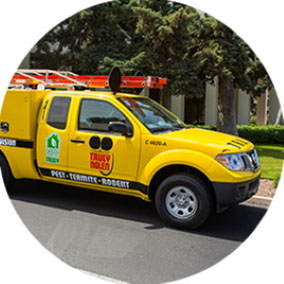
Contact us today to schedule your complimentary rodent inspection.
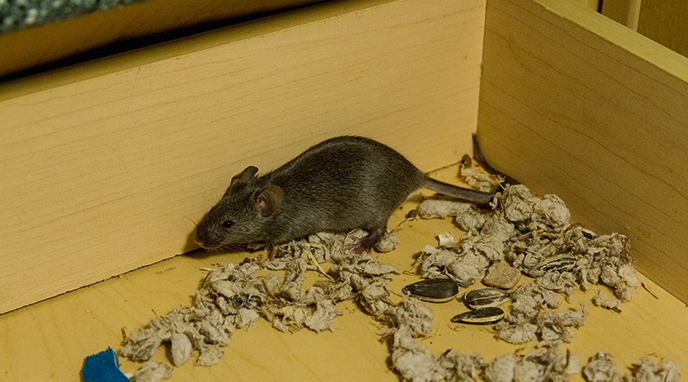
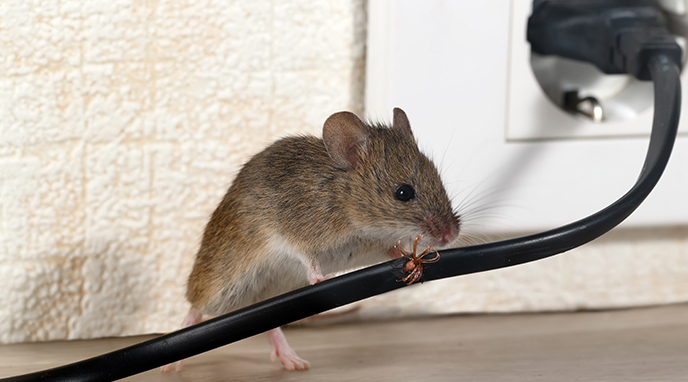


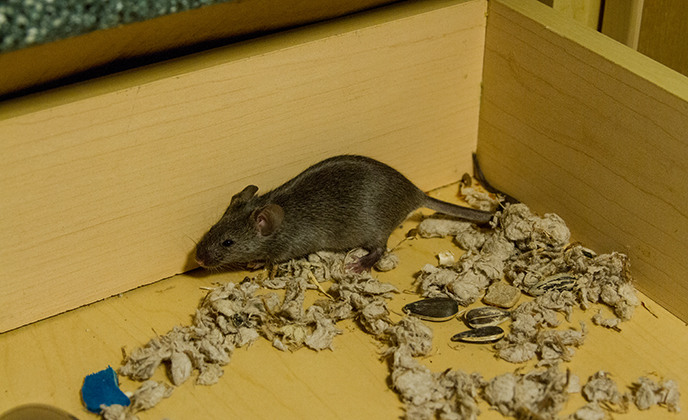
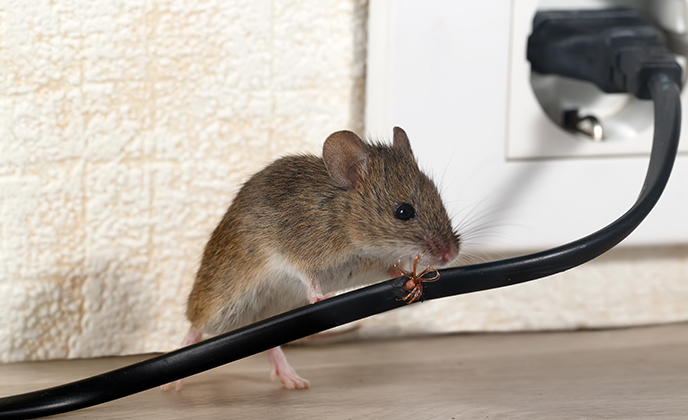
We work to minimize our impact on the environment by using naturally occurring materials whenever possible.
Truly Nolen develops a custom treatment plan for your home or business to ensure pests stay away for good.
We will treat the affected area unconditionally until you are satisfied.
We've have over 85 years of pest control experience and are an industry leader in pest, termite, and rodent control.
We actively partner with you to protect your home or business from pests.

With nearly 100 locations nationwide, Truly Nolen has your pest control needs covered.